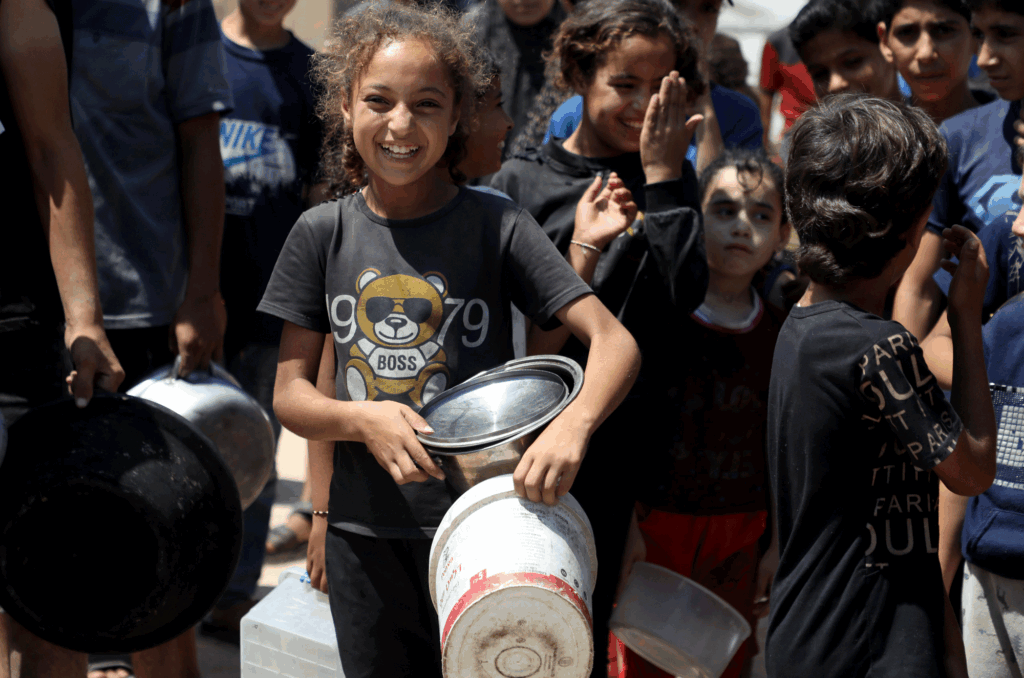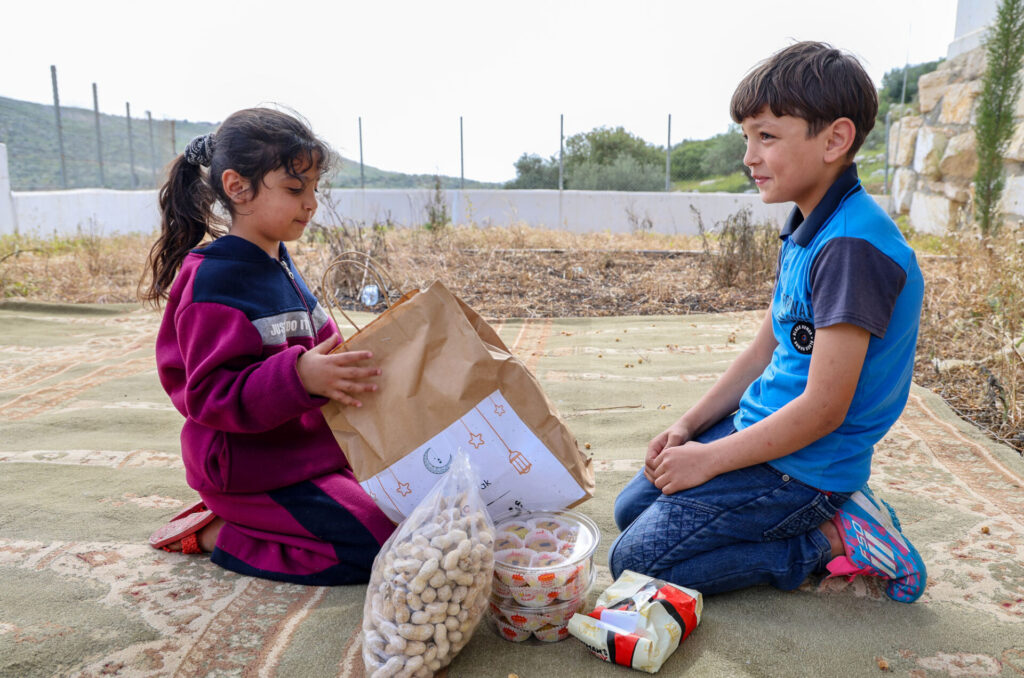Mar, 2017
To encourage youth in rural areas of Lebanon to contribute to their communities and address social problems, Anera is giving teens the chance to take charge.
The aim is to help youth bring their own innovative solutions to life, by providing financial as well as logistical support. These initiatives positively affect youth by sharpening their job and life skills and offering platforms to prove themselves.
Engaging youth in community development activities is a major component of Anera’s projects for Lebanese, Syrians and Palestinians. It’s implemented in partnership with UNICEF, and with funding from UK Aid, German Cooperation and USBPRM.
Last year, more than 37,000 youth benefited from sports, health, and education activities implemented by Anera and local partners as part of the project. Youth-led initiatives proved to be of great efficiency when it comes to serving the community on one hand, and on the other to equipping youth with life skills and values, like confidence, cooperation, and teamwork.
Teens Lead Blood Drive in Bekaa
In Saadnayel, Bekaa, 12 Lebanese and Palestinian youths addressed one of the problems the area has been facing: lack of a blood bank. Wael Saleh came up with the idea for the initiative after a personal story he experienced few months ago.
“A friend of mine was in the hospital and urgently needed a blood unit, but I spent a whole day trying to find a potential donor to save his life,” he said. “Having a blood bank will ensure that incidents like this won’t recur, as the database will be circulated to local NGOs, dispensaries, mayors, and nearby hospitals.


Every human should know his or her blood type, especially since we live in a conflict area, but unfortunately many are clueless about that.
For this purpose, a free blood test was offered in coordination with a local laboratory. Interested residents took the blood test and registered their names and contact information with the database.
The blood donation was managed by a local pathologist, Dr. Youssef Haddad, who devoted his time and effort to ensure safe and thorough advancement of blood testing to residents. “Every human should know his or her blood type, especially since we live in a conflict area, but unfortunately many are clueless about that,” he noted.
The Bekaa Valley was hit hard by the refugee crisis. It accommodates more than 400,00 Syrian refugees, according to recent vulnerability assessment. These Syrian refugees add to a population of poor Lebanese and Palestinians that were already living in the area.
Poverty among refugees and the host community encouraged Ziad Araji to team up with fourteen of his friends and acquaintances to start the initiative, ‘Together we stay warm’ (maa baoud ma fi bared), to collect and distribute winter items for vulnerable families.
“For one month, we placed boxes for in-kind donations of clothes and shoes in 30 local centers and schools in the village. We sorted, cleaned and repackaged what we received before distributing them to tented settlements for Syrian refugees and needy Lebanese families,” said Ziad. In total, more than 5,000 in-kind winter items were received, and they were then distributed to around 1,000 families from different communities in Bar Elias, Bekaa. The project was applauded in the village, and the mayor accompanied the youth to guide them to poorest tented settlements.
“There are around 125,000 Syrian refugees in Bar Elias living in very critical conditions, and families from the host community are living in poor conditions too, given the scarcity of work opportunities,” said Ziad Abdul Ghani, the Mayor of Bar Elias. “Initiatives like these are a great support to families here.”
Youth-led activities have encouraged youth to launch similar initiatives to serve their local communities. This is the case in Bar Elias, where Lama Sarout, one of the volunteers in the initiative, suggested a similar project to collect food for poor families.


